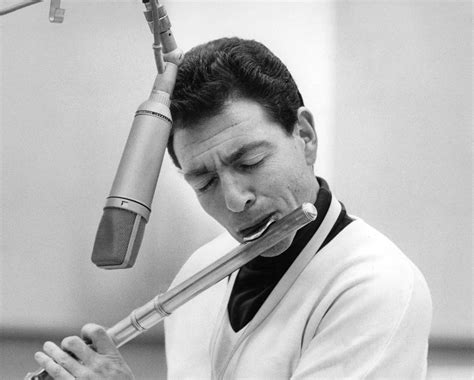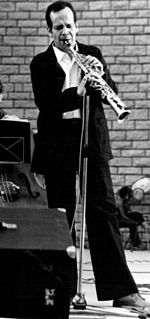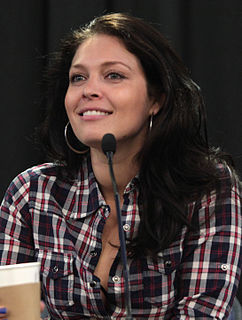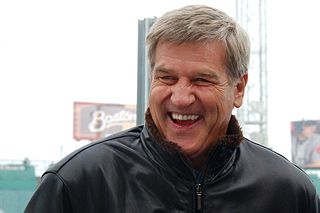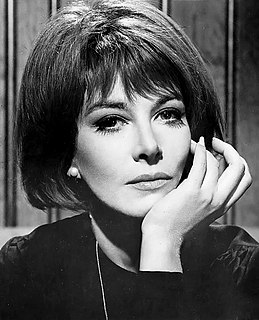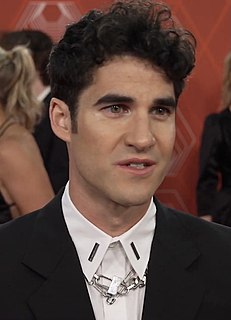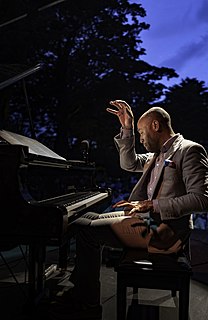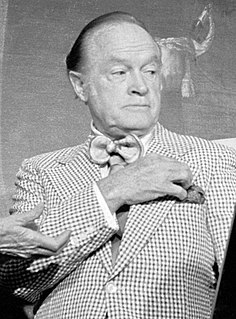A Quote by Paul Horn
We were the first small American jazz group since Sidney Bechet in 1927 to play for the public in Moscow and Leningrad.
Related Quotes
I grew up in the Great Depression, and the jazz artists and Dixieland musicians were at the core of our communications and enjoyment. They were not passing fancies. They are something that is, and will be, listened to again and again. I have a space of reverence for some of those old jazz stars such as Sydney Bechet and Louis Armstrong.
Those were the places where many people mixed if they wanted to mix, which was against the law [Immorality Act of 1927]. My mother was part of that group. My father was part of that group. People who were black and whites and Indian and Asian - and you came together and said, we choose to mix at the risk of being arrested. And so they did.
I visited New York in '63, intending to move there, but I noticed that what I valued about jazz was being discarded. I ran into `out-to-lunch' free jazz, and the notion that groove was old-fashioned. All around the United States, I could see jazz becoming linear, a horn-player's world. It made me realize that we were not jazz musicians; we were territory musicians in love with all forms of African-American music. All of the musicians I loved were territory musicians, deeply into blues and gospel as well as jazz.
Jazz is an endless source of ideas, because you can use anything. You can play operatic arias. You can incorporate them into jazz. You can play gypsy music and incorporate it into jazz. You can European classical and you can incorporate it into jazz. You can use anything and jazz it up, as they used to say.
